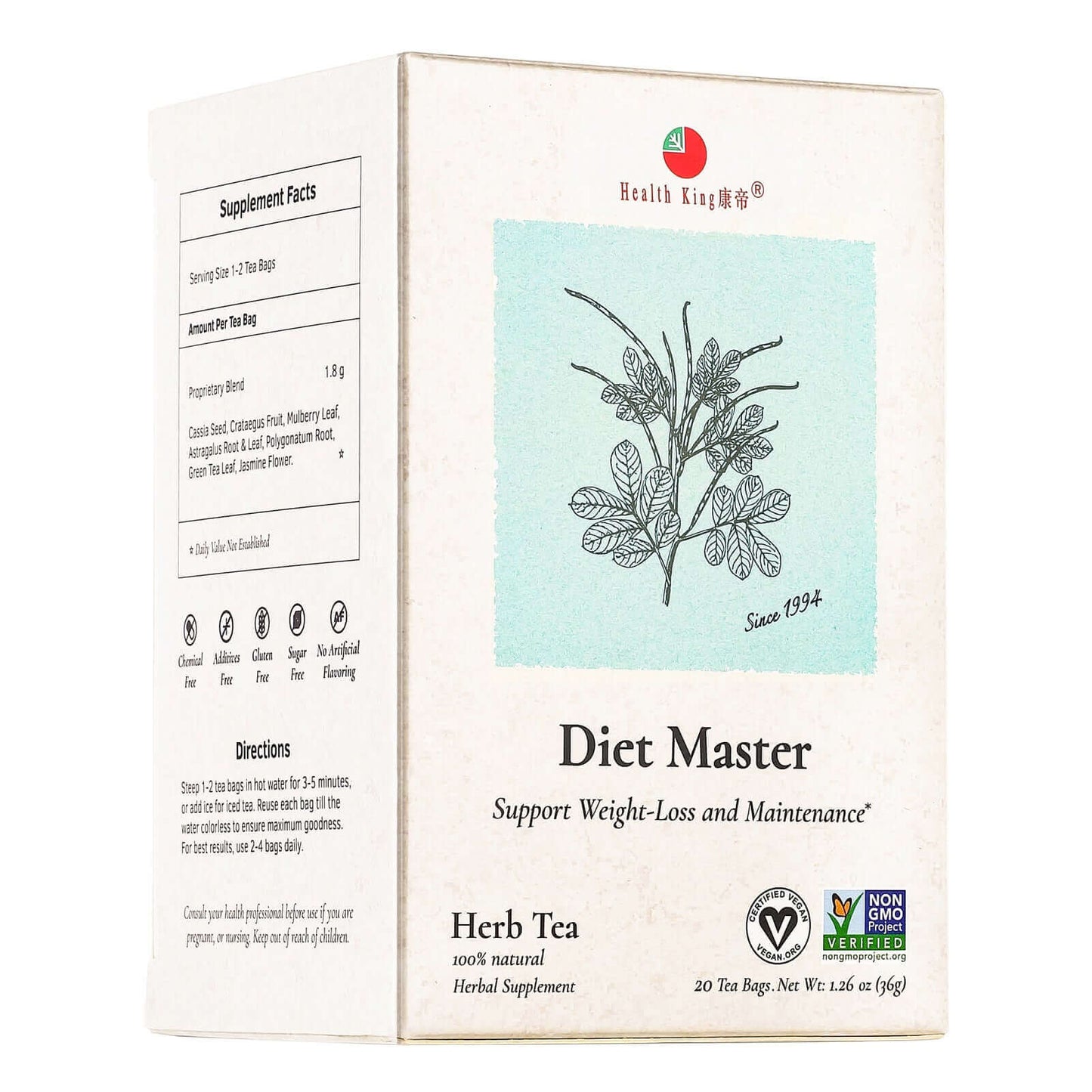Achieving and maintaining a healthy weight is a common goal for many individuals, and it's crucial for long-term health and well-being. Healthy weight management is not about strict dietary limitations or depriving yourself of the foods you love. Rather, it's about developing a balanced lifestyle that includes a variety of strategies to help you reach your weight goals. Here's how to get started.
Understand Your Body
Before diving into a weight management plan, it's important to understand your body's needs. Consulting with a healthcare professional can help you determine a healthy weight range based on factors like age, gender, and height.
Understanding your body also means being aware of how different foods affect you and recognizing hunger and fullness cues. It's essential to listen to your body and learn to eat when you're hungry and stop when you're full.
Balanced Nutrition

A cornerstone of weight management is a balanced diet. This doesn't mean you have to give up all your favorite foods; instead, it's about ensuring you get the right proportions of nutrients. Incorporate a variety of fruits, vegetables, whole grains, lean proteins, and healthy fats into your daily meals.
Understanding portion sizes can also help prevent overeating. Using smaller plates or bowls can help control portions without feeling deprived. Additionally, monitoring your intake of high-calorie foods and beverages can ensure you’re not consuming more calories than you need.
The Role of Crataegus
Crataegus, commonly known as hawthorn, is a plant that has been traditionally used to support cardiovascular health. Some people include it in their weight management plan due to its potential benefits on digestion and metabolism. However, always consult with a healthcare professional before adding any new supplements to your regimen.
Regular Physical Activity
Exercise is a key component of weight management. It helps burn calories, boosts metabolism, and can improve your overall health. Aim for at least 150 minutes of moderate-intensity aerobic activity or 75 minutes of vigorous-intensity activity per week, along with muscle-strengthening activities on two or more days per week.
Finding Activities You Enjoy
To make exercise a sustainable part of your lifestyle, find activities that you enjoy. Whether it's walking, swimming, cycling, or dancing, engaging in activities that make you happy will help you stick with your exercise routine.
Mission Weight Management
For those seeking a structured approach, mission weight management programs can offer personalized plans tailored to individual needs. These programs often include support from dietitians, exercise physiologists, and other professionals who can provide guidance on nutrition, fitness, and behavior modification.
Stay Committed
Weight management is a lifelong journey. There will be ups and downs, but staying committed to your health goals is important. Celebrate your successes, learn from your setbacks, and remember that each day is a new opportunity to make healthy choices.
By combining these strategies with patience and perseverance, you can achieve and maintain a healthy weight. Remember to consult with healthcare professionals along the way to support and guide your journey to better health.









